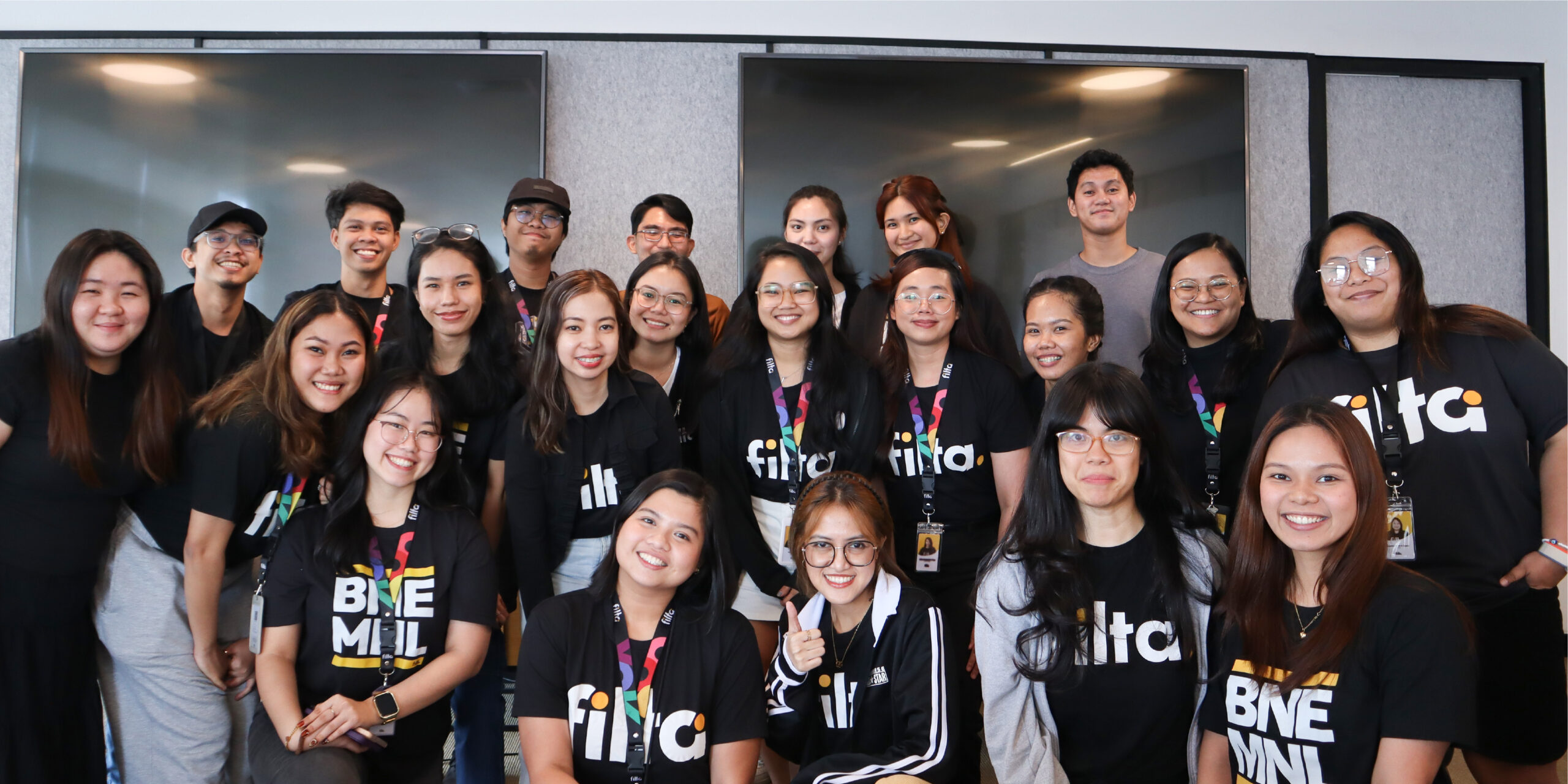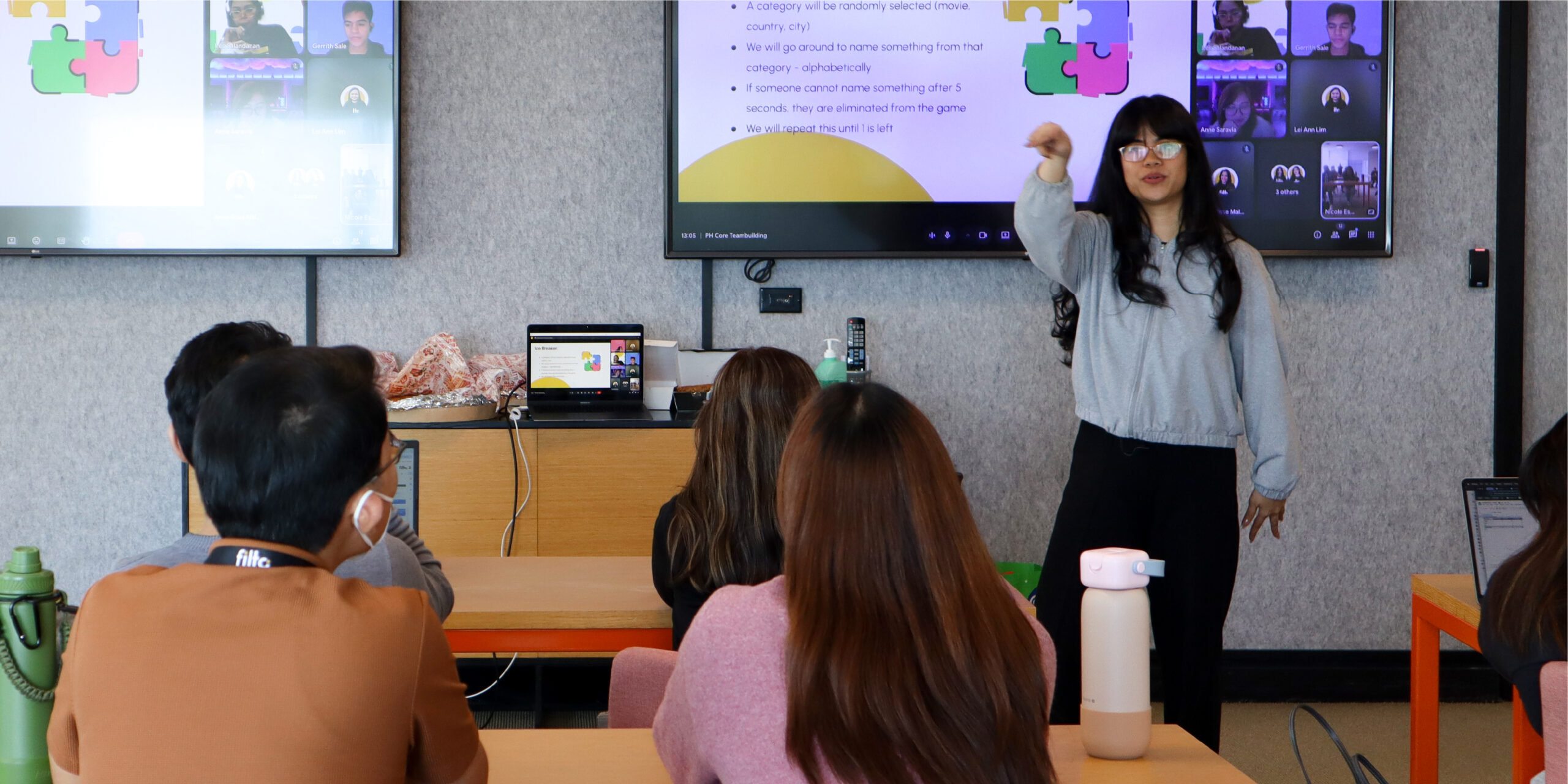Are you finding it difficult to manage your remote team? Trust us, you’re not alone!
When you work in a traditional office, you can just stroll up to your coworker’s desk and chat about what’s happening. But when you’re working remotely, it’s a whole different ball game. You need to be intentional about creating opportunities to connect with your team members and keep everyone on the same page.
Managing a remote team comes with its own set of unique challenges, but with the right strategies in place, you can overcome these hurdles and create a thriving team. One of the most important things to focus on is communication and collaboration. Without these two things, remote work can quickly turn into chaos. But don’t worry, there are several steps you can take to make sure your team is working together seamlessly.
Communication is key
Let’s start with communication. In a traditional office setting, you can walk up to a colleague’s desk and ask a question or discuss a project. But when your team is remote, you need to have clear communication channels and guidelines. This means establishing specific times for video calls or check-ins, encouraging video conferencing whenever possible, and providing clear instructions on how to use communication tools effectively.
One important factor to consider is time zones. If your team is spread across different time zones, you’ll need to find a way to ensure that everyone can attend meetings and communicate effectively. This may mean scheduling calls at different times to accommodate everyone, creating a rotating schedule so that everyone can participate in meetings at a convenient time, or agreeing on one constant schedule that will work for everyone like if you’re in Australia and you have a team in the Philippines you can meet every 8 AM PHT which is 10 AM AEST, it works right?
It’s also important to encourage regular communication and transparency about progress and challenges. This means setting up regular check-ins or progress updates to ensure that everyone is on the same page. Encouraging team members to share their progress and any issues they may be facing can help you identify and address potential problems early on.
Collaboration is crucial
Next up is collaboration. When your team is remote, it can be challenging to work together on projects or assignments. However, it’s not impossible! To ensure successful collaboration, you need to set expectations and guidelines. This means setting project timelines and goals, assigning roles and responsibilities, and defining communication channels. You can use project management tools like ClickUp, Jira, Asana, and Trello to track progress and reduce the risk of miscommunication. These tools can help ensure that everyone is working towards the same goal and can provide transparency around who is responsible for what.
It’s also important to create a culture of collaboration within your team. Encouraging team members to ask for help when they need it and to provide feedback on others’ work can help to create a sense of collaboration and shared ownership of the work. This can lead to a more productive and engaged team.
Building relationships
While productivity is important, it’s also essential to build relationships within your remote team. When your team is scattered across different locations, it’s harder to build trust and a sense of camaraderie. This can have a significant impact on morale and productivity. To overcome this, you should encourage team members to get to know each other outside of work. This could mean having virtual team building activities like a weekly team huddle where you don’t talk about work, you can play a game or share your hobbies with each other! Encouraging team members to share personal stories and experiences can help to build empathy and understanding, which can lead to stronger working relationships.
Creating a strong team culture can also help to build relationships within your remote team. This could mean establishing core values or creating a team mission statement. By defining what your team stands for and what you’re working towards, you can help to create a sense of shared purpose and identity.
Ensuring success
To sum it up, communication and collaboration are crucial for remote teams. To ensure success, you need to establish clear communication channels, set expectations and guidelines for collaboration, and build relationships within your team. By doing these things, you can overcome challenges and create a productive and enjoyable remote team. One thing to keep in mind is that there is no one-size-fits-all solution to remote work. Every team is different and will have its unique challenges and needs. However, by focusing on communication, collaboration, and building relationships, you can create a strong foundation for your remote team.
If you’re still trying to figure out how you can effectively implement great communication and collaboration within your remote team, Filta can help you. We offer not only outsourcing services but also consulting with FiltaAdvise where we will guide you through the process of effectively managing your remote team to achieve your business goals through consultation and education. We have refined and tested our framework that caters to global remote work teams hence the great deal of knowledge and mastery on ensuring and maintaining great communication and a strong sense of collaboration within your team. We have different tips and tricks up our sleeves that will surely level up your remote team’s performance.
If you’re interested in knowing more and learning from us, you can message our Chief Growth Officer, Nerissa Chaux at nerissa@filtaglobal.com and she will be happy to discuss everything with you over a glass of your favorite drink – it’s on us!



